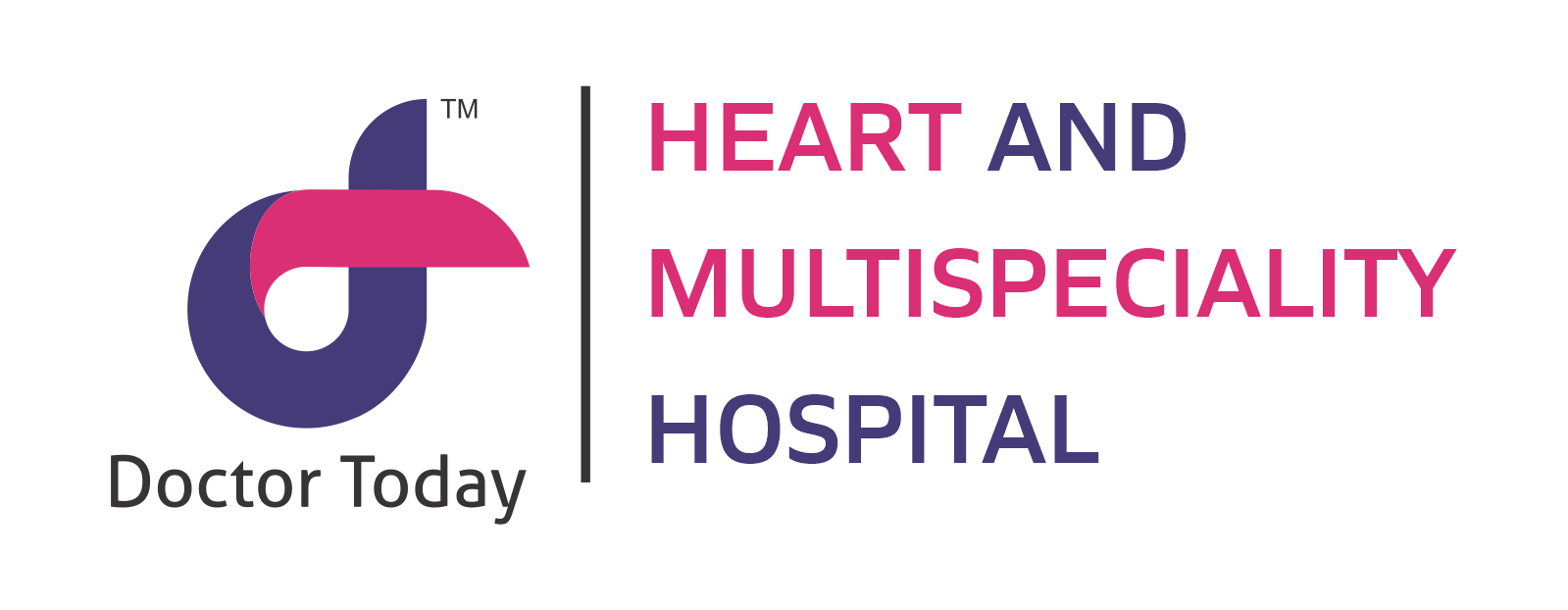Neurosurgery
Our team of highly skilled and experienced Neurologists, provide the Right Treatment from Simple to Complex across for any Neuro Disorders.
Standards of Treatment
We provide standard treatment and latest medical technology with best facility in our clinic.
Standards of Treatment
We provide standard treatment and latest medical technology with best facility in our clinic.
Standards of Treatment
We provide standard treatment and latest medical technology with best facility in our clinic.
Standards of Treatment
We provide standard treatment and latest medical technology with best facility in our clinic.
Medical laboratory and specialists services
Lorem ipsum dolor sit amet consectetur adipiscing elit sed do eiusmod tempor incididunt.
- Routine and medical care
- Excellence in Healthcare every
- Building a healthy environment.
- Routine and medical care
- Excellence in Healthcare every

Neurosurgery - FAQ's
How long does recovery from neurosurgery take?
Since the brain does not feel pain due to surgery, the recovery period may not be painful. However, you will have to give yourself time to recover as advised by the neurosurgeon. Some patients recover relatively quickly while others need rehabilitation and therapy to make a recovery. It depends on the type of neurosurgery that is being performed and the severity of the problem.
Why do I need to see a cardiologist and/or other specialists before neurosurgery?
What are the different kinds of neurological problems?
Neurological problems are problems concerning the nervous system. Different neurological problems include:
- Multiple sclerosis
- Alzheimer’s disease
- Parkinson’s disease
- Epilepsy
- Stroke
Why would you be referred to a neurosurgeon?
Your primary physician may refer you to a neurosurgeon based on your health background and after running several tests for diagnosis. These are the common ailments that a neurosurgeon diagnosis and provides surgical treatment for:
- Congenital anomalies
- Tumours
- Vascular disorders
- Brain/spine infection
- Stroke
What does a neurosurgeon do?
A neurosurgeon offers diagnosis and surgical as well as non-surgical treatment for disorders concerning the nervous system. The disorders that neurosurgeons treat include tumours, trauma, infection of the spine or brain among others.
What are the different types of neurosurgery procedures?
With the help of a neurosurgery procedure, the surgeon treats any disorder who can affect the nervous system. Some of the procedures performed include:
- Microvascular decompression
- Peripheral nerve surgery
- Brain tumour excision
- Functional neurosurgery
- Pituitary surgery
- Cervical spine surgery
What are the side-effects of brain surgery?
Brain surgery can have side-effects and these can show up even when at home during the healing process. Look out for any of these side-effects:
- Trouble breathing
- Memory issues
- Changes in mood
- Weakness in arms and legs
- Seizure
- Swollen or painful calf
- Improper vision
- Difficulty in hearing

